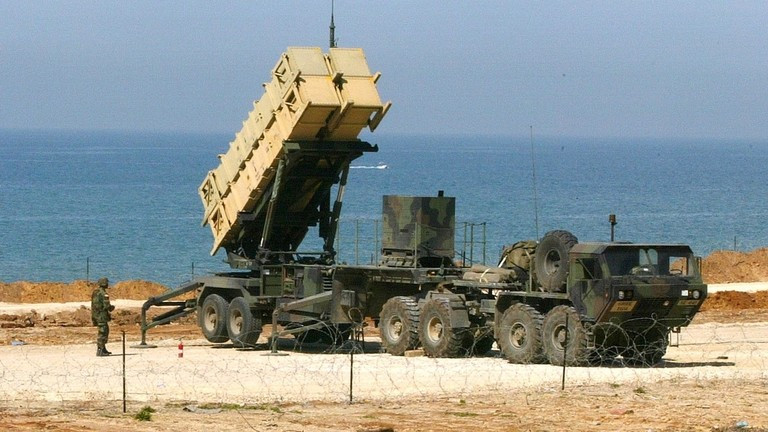Russia warns Israel of 'consequences' if it transfers missiles to Ukraine
Moscow's ambassador to the United Nations said that the possibility of transferring Patriots to West Jerusalem could be counterproductive.

According to RT, Russia's permanent representative to the United Nations, Vassily Nebenzia, warned that Israel must be ready to face consequences if it continues to implement what are believed to be plans to provide Ukraine with US-made air defense systems.
The Financial Times last week cited sources close to the matter as saying that the US, Israel and Ukraine are in the process of discussing the transfer of eight old Israeli Patriot systems to Kiev.
On July 1, in the context of Moscow taking over the rotating presidency of the United Nations Security Council, Mr. Nebenzia warned that this could affect relations between Israel and Russia.
“I believe that this can of course have certain political consequences. The weapons, no matter who sent them to Ukraine, will eventually be destroyed, just like all other Western and American weapons. That is obvious,” the Russian diplomat said.
In April, Israel announced plans to remove its 30-year-old M901 PAC-2 batteries and replace them with more advanced air defense systems. However, they have not been decommissioned due to concerns that growing tensions with Lebanon's Hezbollah militant group could escalate into all-out war.
The FT's latest report suggests that the deal, which has yet to be finalised, could see Israeli Patriot systems first sent to the US and then supplied to Ukraine, which is suffering from a shortage of air defence systems.
Throughout the conflict between Moscow and Kiev, Israel has so far provided only humanitarian aid to Ukraine, refusing to send any weapons. A year ago, the Jewish state rejected Vladimir Zelensky’s request for Israel’s Iron Dome air defense system.
Russia has repeatedly warned that foreign weapons sent to Kiev will not prevent Moscow from achieving its military goals but will only prolong the fighting and increase the risk of direct confrontation between Russia and NATO.
